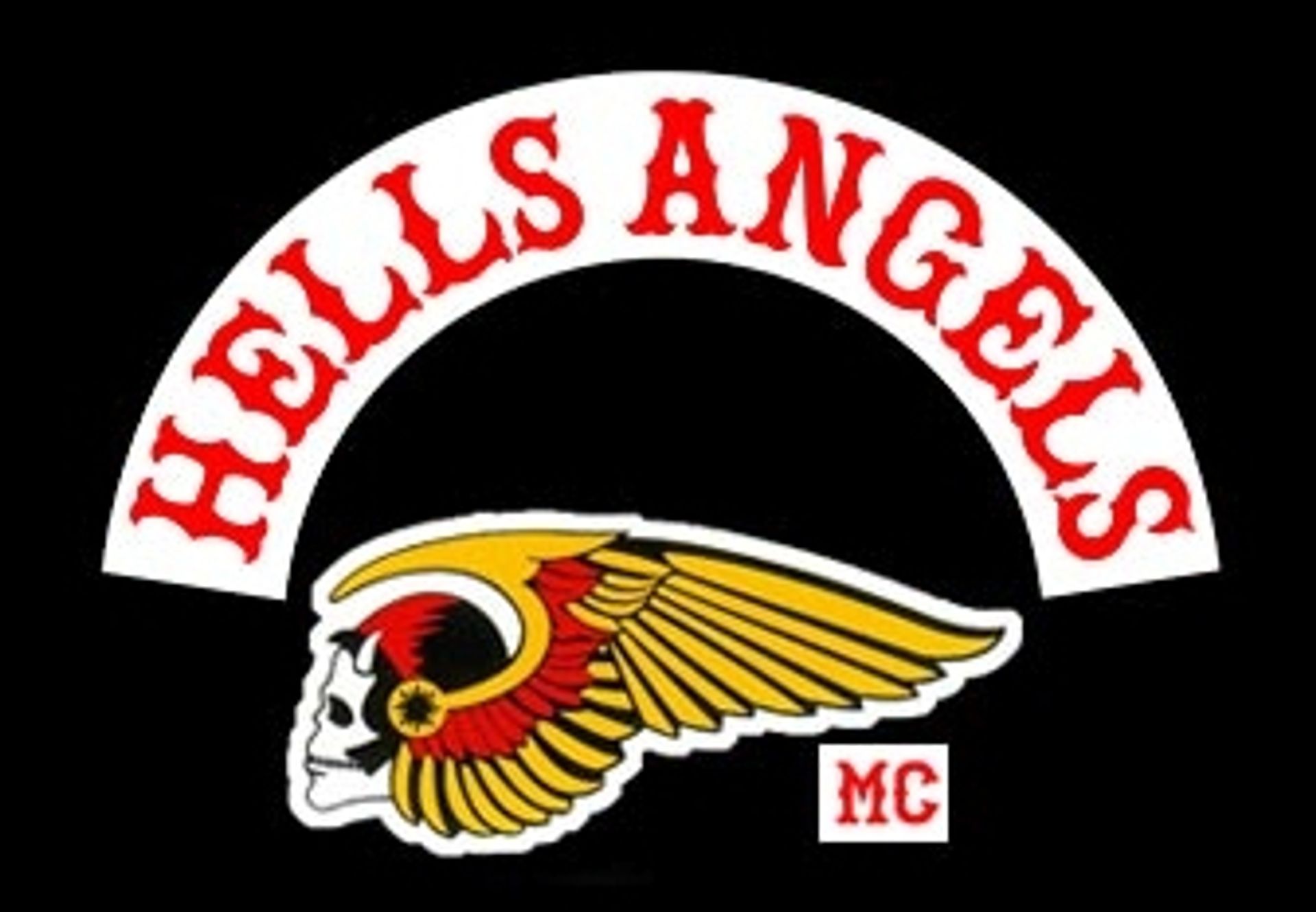
Hells Angels
What do people say about Hells Angels?
In Sweden, the Hells Angels Motorcycle Club is predominantly perceived as an outlaw organization linked to criminal activities, including drug trafficking and violent confrontations. The media portrayal leans heavily towards their negative impact on society, emphasizing their violent reputation rather than any camaraderie among members. This perception is reinforced by law enforcement and public discussions highlighting the club's criminal undertakings. While some may idolize the rebellious spirit of the club, the overwhelming sentiment is one of fear and disdain towards their activities in the Swedish context.
Where are the conversations happening?
Sources related to law enforcement and news outlets in Sweden are critical of the Hells Angels, often depicting them as a dangerous criminal gang. Reports from these sources discuss their involvement in organized crime and violent rivalries with other gangs, painting a bleak picture of their presence. Public opinion is shaped by sensationalized news reporting that emphasizes the club's criminal activities over any potential cultural contributions they may claim to have.
What are the topics trending around Hells Angels?
Discussions around organized crime, gang violence, and the impact of outlaw motorcycle clubs on local communities are trending topics in Sweden, reflecting a societal concern over public safety.
Why are these topics trending?
These topics are trending due to ongoing law enforcement actions against gangs, including the Hells Angels, and increasing public awareness of their violent activities, which are perceived as a threat to community safety.
How is Hells Angels being talked about?
Detailed breakdown of public sentiment and conversations about this entity.